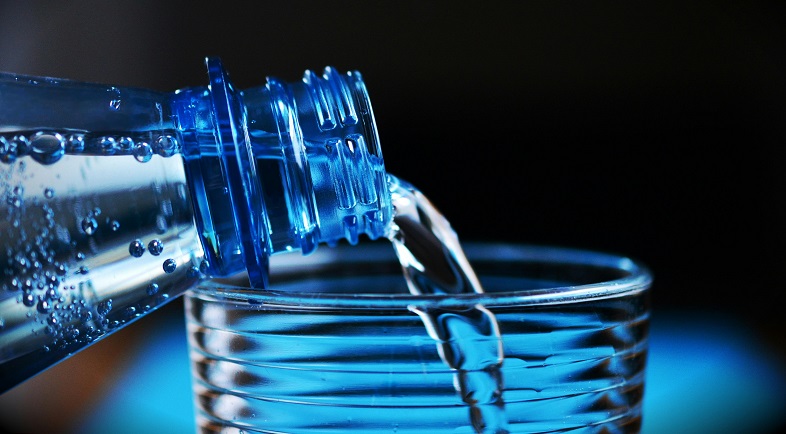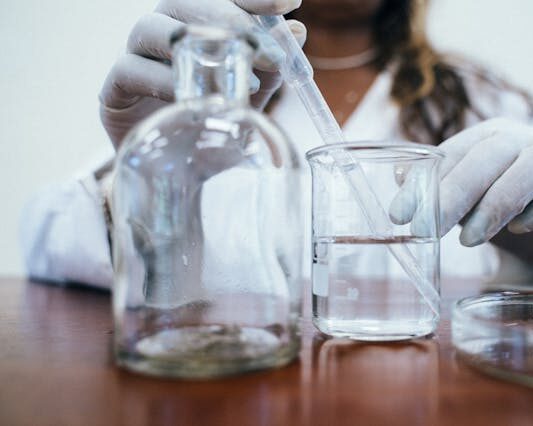-

How Water Testing Can Help Save Water: Practical Tips for Conservation at Home and Outdoors
Water conservation is becoming more vital, as recent reports show that 80% of water utility operators expect shortages in the future. The average urban Indian consumes approximately 150 liters of water daily. Research indicates that Indian households waste over 45 liters of water per person each day. With climate change and shifting rainfall patterns, the…
-

Understanding Hardness Test in Water – Importance, Benefits, and Applications in Various Industries
Water hardness is a key quality factor that influences the efficiency and functionality of water used in various industrial and domestic processes. It refers to the concentration of dissolved minerals, primarily calcium and magnesium ions, in the water. Regular water testing for hardness is essential to ensure that water meets specific standards for use in…
-

The Importance of the Turbidity Test in Water Testing Benefits for Individuals and Industries
Understanding the Turbidity Test in Water Testing Water testing is crucial for ensuring the safety, quality, and usability of water across different sectors. One of the most important methods in water testing is the turbidity test, which measures the cloudiness or clarity of water. This test is essential for monitoring water quality, detecting contamination, and…
-

Understanding the Significance of TDS Testing in Water Benefits for Industries, Businesses, and Households
Water testing is an essential practice for ensuring that the water we use is safe and of high quality. One of the key parameters in water testing is the measurement of Total Dissolved Solids (TDS), which indicates the concentration of dissolved substances in water, such as salts, minerals, and metals. TDS testing plays a critical…
-

How Thermal Discharges into Water Affect the Solubility of Oxygen: Implications for Industries
Introduction Thermal discharges into water bodies, resulting from various industrial activities, are a major environmental issue. These discharges occur when water used for cooling purposes in industries is released back into rivers, lakes, or oceans at elevated temperatures. One of the most critical effects of thermal discharges is the reduction in the solubility of oxygen…
-

How Does Temperature Affect Water Quality? The Role of Water Testing in Monitoring Temperature Impacts
Water quality is a crucial element for the health of aquatic ecosystems, human populations, and industries. While a variety of factors influence water quality, temperature plays a particularly significant role. Changes in temperature can alter the physical, chemical, and biological properties of water, influencing everything from oxygen levels to the growth of algae. Monitoring temperature…
-

Understanding Borewell Water Testing Importance of pH Testing, Process, and Benefits
Water sourced from borewells is commonly used for drinking, irrigation, and other household purposes. However, groundwater quality can vary significantly based on a range of factors, including geographical location, soil composition, and industrial activities in the area. As a result, testing borewell water for key parameters, such as pH, is crucial to ensure its safety…
-

Optimizing the Efficiency of the Mineral Water Extraction Process
The process of mineral water extraction is a vital industry that provides clean, natural drinking water, often sourced from underground springs or wells. As consumer demand for high-quality bottled water continues to rise, the need to optimize the efficiency of mineral water extraction becomes increasingly important. Optimization not only ensures a steady supply of pure…

